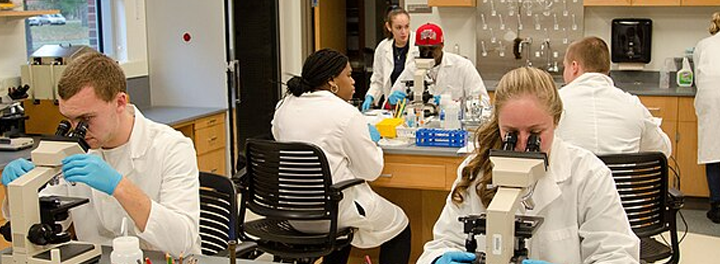
STEM Education
Amid the emergence of new technologies and energy transition, the U.S.’s ambitions for meeting the demands of the future have never been higher. Yet massive inequities persist for students and workers alike in accessing the learning opportunities and pathways that would allow them to access STEM training and careers.
FAS works to identify root causes to persistent K-12 STEM education gaps that prevent students from pursuing STEM disciplines and careers, and to understand and spotlight what research says about effective STEM programs and models. We advance policy solutions that will allow all learners and workers to have pathways into the STEM workforce and wage-sustaining STEM jobs that our nation needs for future prosperity and security.
FAS is invested in seeing more students gain science and technology skills and enter STEM careers, both for students and for our country’s competitive advantage.
By investing in the mechanisms that connect learning ecosystems, policymakers can build “neighborhoods” of learning that prepare students for citizenship, work, and life.
Early-career and out-of-state teachers tend to be most heavily concentrated in Alaska’s rural schools, where they face a steep curve in adjusting to a new way of life while learning the ropes of teaching.
The next administration should establish a national, federally-funded initiative to develop a robust and diverse pipeline of STEM talent.